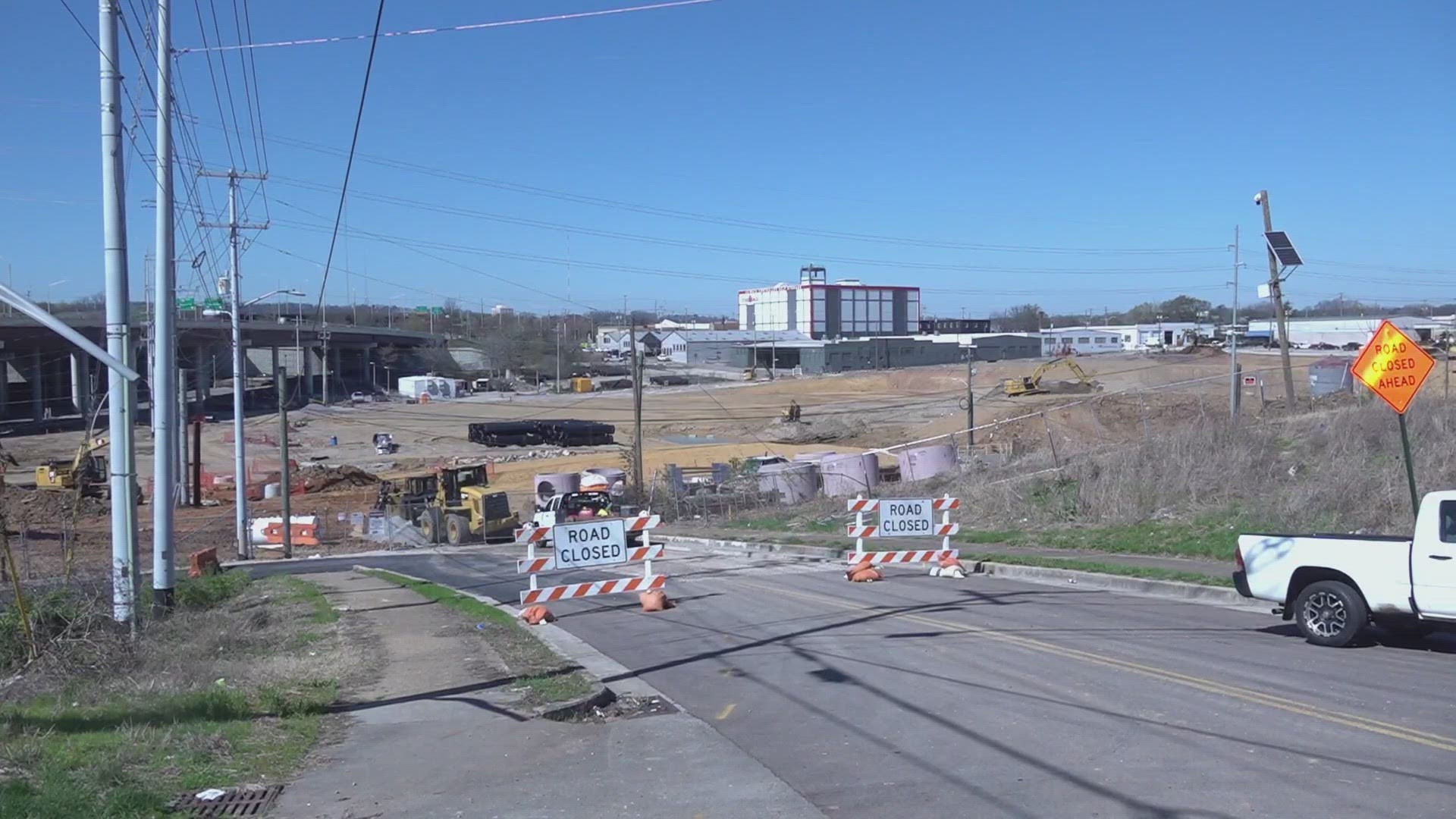KNOXVILLE, Tenn. — The Knoxville Sports Authority met Tuesday to discuss the next steps on a project to build a new baseball stadium in the Old City. Those steps include finding a contractor and subcontractors to turn developers' ideas into reality.
"Subcontracts are being finalized and work is ongoing now, and will probably pick up in the next two or three weeks," said Doug Kirchhofer, the CEO of Boyd Sports.
Randy Boyd's Tennessee Smokies will be housed in the stadium. Developers said it will also be used for concerts, soccer and other events. In discussions about the stadium, developers said they were working to attract minority-owned businesses.
These are formally known as disadvantaged business enterprises, which are businesses "where socially and economically disadvantaged individuals own at least a 51% interest and also control management and daily business operations."
"I think it's important from a community standpoint. If you look at the location of the stadium, the significance and the history of that, and the impact of Urban Renewal and the impact of that on the community — it's important that the history and background not be lost," said Kirchhofer. "And it's important that this investment that's being made in connecting East Knoxville to downtown really be something that benefits a lot of people."
He said that on April 6, there will be a meeting to connect interested DBEs with subcontractors, and he said that there will likely be other meetings like it as the project continues.
Edward Henley, from Pillars Development in Nashville, said that he is leading the project focused on diversity-related workforce initiatives to build the stadium.
"It's very important to make sure that we have economic benefits that are across the board, whether you want to call it social-economic justice or whether you just want to say it's the right thing to do," he said. "It's definitely a best practice for projects, especially those that are public. They are tone-setting for communities, and they fund and form the blueprint that can be utilized in the private sector."
He said that development leaders concluded bidding at the prime contractor level, and are now focusing on finding small businesses that want to work on the project.
"The timeline plays a critical factor, especially as a small business," he said. "This project and the leadup to this project has been happening over a few years and a lot of times, small businesses need to think about next week, next month, and maybe next quarter."

